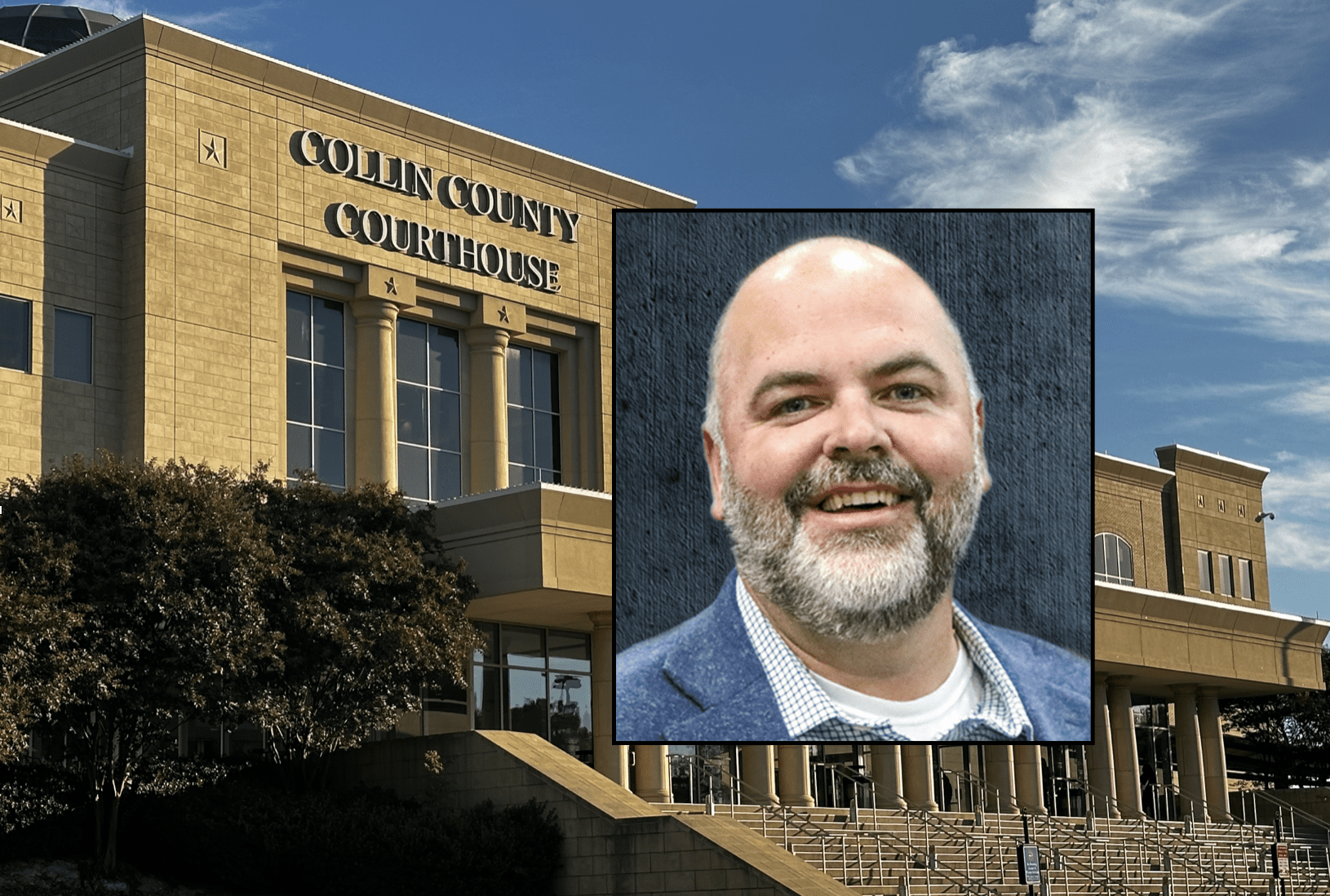With just six weeks left in the Texas Legislature’s regular session, the state Senate continues passing measures to fix weaknesses in the election process, while the House has yet to advance any election integrity proposals.
State Sen. Paul Bettencourt (R–Houston) filed several pieces of legislation this session to improve how elections are administered and to increase transparency and accountability in the process.
The measures are in direct response to a string of botched elections in Democrat-controlled Harris County—home to 15 percent of the state’s registered voters and most of Bettencourt’s district. The county is refusing to release public records from the November 2022 election, which was bungled so badly it sparked multiple lawsuits and a criminal investigation.
Three of Bettencourt’s election proposals passed the Senate Thursday on party-line votes (19 senators are Republican; 12 are Democrats).
First, Senate Bill 1039 creates a civil procedure that requires local election officials to respond to complaints about election irregularities. If officials fail to respond, complaints could be escalated to the secretary of state, who could order an audit or, in extreme circumstances, appoint a conservator to manage the local elections office.
Bettencourt authored similar audit bills last session, which the Senate passed but the House ignored.
“Passing the best voter audit bill in the country is an important milestone in making Texas election transparency the best in the nation too,” he said in a press statement Friday, adding that Harris County Elections Administrator Clifford Tatum and County Judge Lina Hidalgo “refuse to tell the public what truly happened to make the November 8th election a fiasco.”
Second, Senate Bill 1911 increases the penalties for three offenses: intentionally failing to deliver election supplies to a polling place, obstructing distribution of election supplies, and revealing election results before polls close.
“These dramatically increased penalties are a direct result of Harris County Elections Officials flagrantly flouting the law,” Bettencourt said.
The bill also creates a new misdemeanor offense for failing to provide enough ballots to a polling place.
In the November 2022 election, Tatum’s office failed to supply enough ballot paper to 120 Election Day polling places in Harris County; at least two dozen locations reportedly ran out of ballot paper and were never resupplied.
Third, Senate Bill 1933 authorizes the secretary of state to conduct additional random election audits in smaller counties and, where recurring problems are identified, to order administrative oversight or state conservatorship of the county’s elections office. Current law prescribes audits every two years of two large and two small counties selected at random.
All three bills went to the House on Friday for possible consideration.
Two other Bettencourt bills inspired by Harris County’s election shenanigans passed the Senate on April 6 and have been awaiting action by the House since April 11:
- Senate Bill 1907 increases the criminal penalty for failing to deliver precinct election returns by the statutory deadline and allows the secretary of state’s office to supervise completion of the returns.
- Senate Bill 1950 prohibits an election official from suspending any mail-ballot acceptance requirements.
Another election measure passed by the Senate on Thursday, Senate Bill 260 by State Sen. Lois Kolkhorst (R–Brenham), clarifies the process for county voter registrars to confirm the residence of voters who register at non-residential addresses or haven’t voted in the last two federal election cycles.
Kolkhorst said the bill’s language mirrors an Ohio law for verifying inactive voters; the U.S. Supreme Court said the law is consistent with federal voter registration requirements.
Several other election security measures have moved through the Senate and await action in the House, including Lt. Gov. Dan Patrick’s lone election-related legislative priority to restore felony penalties for illegal voting offenses, which is also a Texas GOP priority.
Meanwhile, only one elections-related measure has made it to the House floor—a bill passed Thursday regulating political parties. Speaker Dade Phelan didn’t prioritize any election bills, and the House has not passed any Texas GOP priorities.
The House Elections Committee has moved just eight House bills out of committee and has yet to schedule hearings on any Senate bills. The committee’s next public hearing is set for Thursday, April 20.
Any House bills not voted out of committee by April 27 have little chance of advancing.
The last day of the regular legislative session is May 29, but deadlines for legislation to work through each chamber in time for final passage occur much sooner.
No ads. No paywalls. No government grants. No corporate masters.
Just real news for real Texans.
Support Texas Scorecard to keep it that way!





